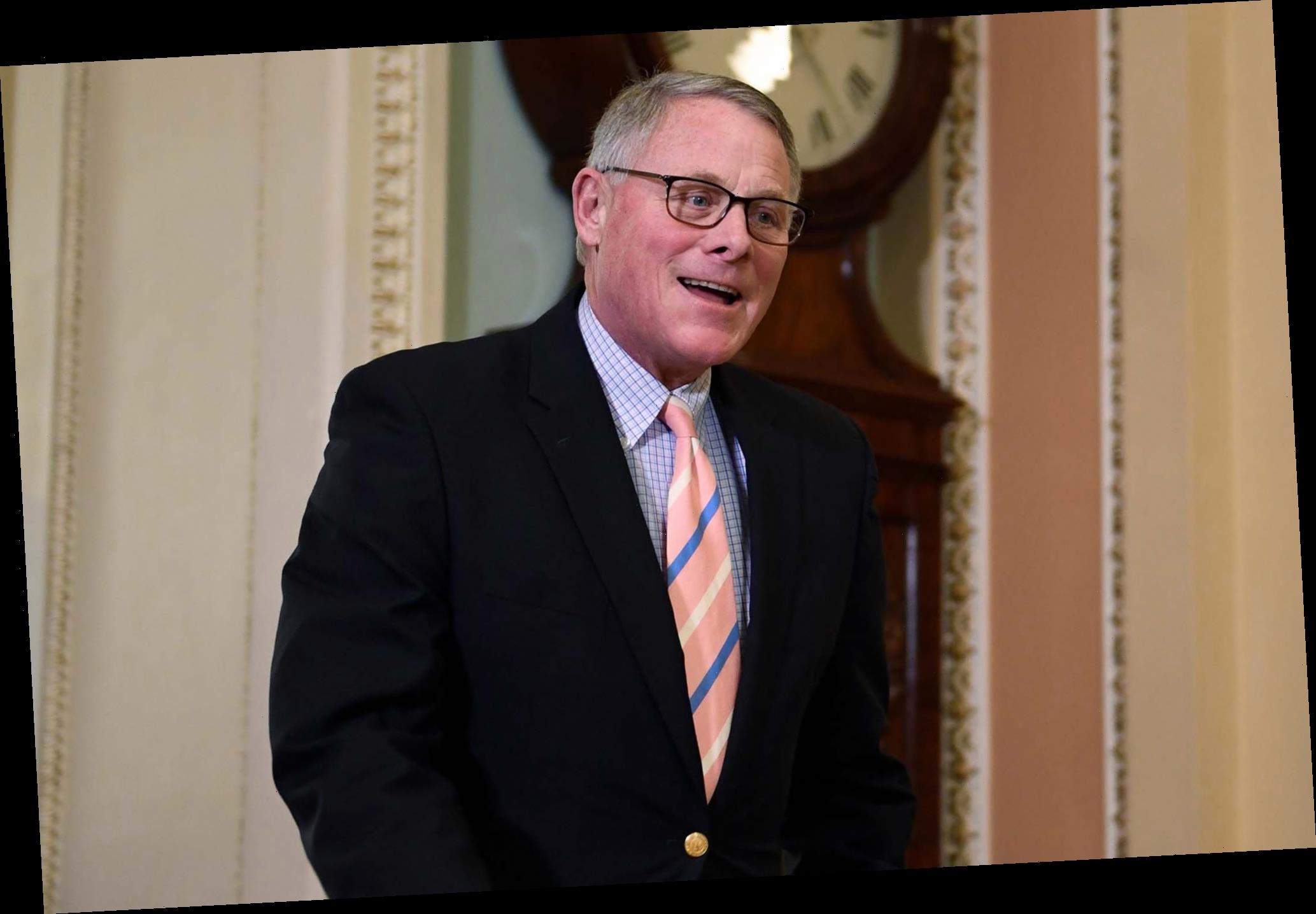Members of Congress have a long history of trading stock on confidential information. In fact, up until just a few years ago it was legal and perhaps the best perk of their jobs as “public servants.”
So why is it any surprise that members of Congress sold shares after they were given inside insight about how bad the coronavirus really might be?
Let’s go through this in reverse chronological order until I get to the main point of this column — a secret I discovered a couple years ago.
Last week it came out that four US senators — including Republican Richard Burr of North Carolina and Democrat Dianne Feinstein of California — sold hundreds of thousands of dollars worth of stock in major companies after they were given a secret briefing on coronavirus.
Since Burr was a Republican, the Democrats rejoiced at this disclosure. Even people who usually side with Republicans called for Burr’s resignation, probably because Burr has been a critic of President Trump.
Burr, it has been reported, also told small gatherings that coronavirus was worse than people thought. For his part, Burr said the stock sale had been planned long before it was actually done.
Dig deep enough and all the others who knew this secret probably sold stock or warned their friends. Hey, the temptation to do so would have been great!
But, as I said, why is anyone surprised that members of Congress behave like they are above the law? It wasn’t until 2012 — under President Obama — that inside trading by members of Congress became illegal.
That’s the year the Stop Trading on Congressional Knowledge (STOCK) Act was passed. And since that law applied to members of Congress, government officials, congressional staffers, members of the executive branch and the judiciary, it’s safe to assume that everyone in those jobs was enjoying the special benefit of profiting on information that ordinary investors — not even the big shots on Wall Street — weren’t privy to.
So this nonsense should have stopped in 2012. But now we know it probably didn’t. After all, a senator or member of the House makes a salary of $174,000 a year. That’s not a fortune, especially when they have to live in Washington and keep a residence in their home state.
If there weren’t benefits like insider trading on good and bad news and influence peddling (hello, Joe Biden!) why would anyone want these jobs? These folks are mostly lawyers and could make much more in the private sector. So they moonlight on inside information.
Now I’ll get to my exclusive contribution on this subject — information that I brought up in 2018 but nobody cared about. (Maybe now that the stock market isn’t going up, they will.)
As I said, members of Congress and the rest of the privileged few in Washington used to be able to buy and sell stock on information that wasn’t generally available to the public.
But the assumption has always been that this information came to them in the regular course of their business — that is, they might have learned about a gonzo new drug during a hearing of a pharmaceutical company before their committee or maybe learned that a company was thinking of making an acquisition because their committee regulated an industry.
But in a column I wrote on Aug. 16, 2018, a whistleblower, who I have since lost contact with, alleged that congressional insider trading was even worse than that.
He claimed that members of Congress and higher-ups in government jobs were not only trading on inside information they gleaned from their regular assignments, but were also being fed tips from agencies like the Internal Revenue Service on corporate takeovers and the like.
My source worked at the IRS and says he was ordered to turn over this information to a list of people who qualified to trade on inside tips.
This misbehavior probably continued longer after my whistleblower left his job.
Once you allow crooked behavior, it’s hard to stop. Just look at what members of Congress did with the coronavirus information they received. Shame on them!
Source: Read Full Article
